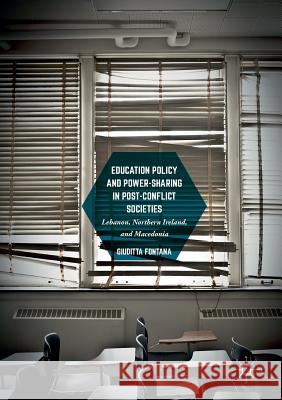Education Policy and Power-Sharing in Post-Conflict Societies: Lebanon, Northern Ireland, and Macedonia » książka
topmenu
Education Policy and Power-Sharing in Post-Conflict Societies: Lebanon, Northern Ireland, and Macedonia
ISBN-13: 9783319810386 / Angielski / Miękka / 2018 / 317 str.
Education Policy and Power-Sharing in Post-Conflict Societies: Lebanon, Northern Ireland, and Macedonia
ISBN-13: 9783319810386 / Angielski / Miękka / 2018 / 317 str.
cena 112,68
(netto: 107,31 VAT: 5%)
Najniższa cena z 30 dni: 107,92
(netto: 107,31 VAT: 5%)
Najniższa cena z 30 dni: 107,92
Termin realizacji zamówienia:
ok. 16-18 dni roboczych.
ok. 16-18 dni roboczych.
Darmowa dostawa!
Kategorie:
Kategorie BISAC:
Wydawca:
Palgrave MacMillan
Język:
Angielski
ISBN-13:
9783319810386
Rok wydania:
2018
Wydanie:
Softcover Repri
Ilość stron:
317
Waga:
0.39 kg
Wymiary:
21.01 x 14.81 x 1.75
Oprawa:
Miękka
Wolumenów:
01
Dodatkowe informacje:
Wydanie ilustrowane











